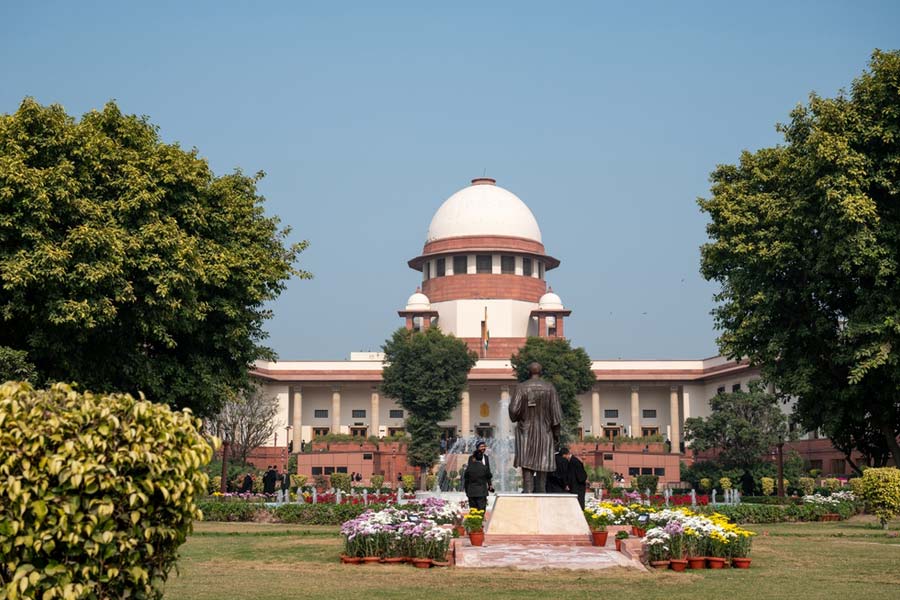Seeking to counter opposition parties' allegations of fudging in voter data, the Election Commission (EC) on Saturday said it seems that some political parties did not examine the electoral rolls at the "appropriate time" to point out errors to the poll machinery and noted that it welcomes a scrutiny of the document to help its officials remove flaws.
In a statement, the EC said the period for raising claims and objections after the draft voters' list is published is the appropriate time for parties to flag flaws.
"It seems that some political parties and their Booth Level Agents (BLAs) did not examine the electoral rolls at the appropriate time and did not point out errors, if any...," it said.
It noted that recently, some political parties and individuals raised issues about errors in the electoral rolls, including the electoral rolls prepared in the past.
The appropriate time, it said, to raise any issue with the electoral rolls would have been during the "Claims and Objections" period.
"... which is precisely the objective behind sharing the electoral rolls with all political parties and the candidates. Had these issues been raised at the right time through the right channels, it would have enabled the concerned electoral registration officer to correct the mistakes, if genuine, before those elections," the poll panel said.
The EC said it continues to welcome a scrutiny of the electoral rolls by political parties and any elector.
"It will help EROs to remove the errors and purify the electoral rolls which has always been the objective of EC," it said.
The poll authority also underlined that the system for parliamentary and Assembly elections is a multi-layered decentralised construct as envisaged by law.
Based on the guidelines issued by the EC, electoral registration officers (EROs), who are sub-divisional magistrate-level officers, prepare and finalise the electoral rolls (ER) with the help of booth-level officers (BLOs).
The EROs and BLOs undertake the responsibility for the correctness of the electoral rolls, the poll watchdog said.
After the publication of the draft electoral rolls, its digital and physical copies are shared with all political parties and uploaded on the EC's website for anyone to see.
Following the publication of the draft ER, a full one-month period is available with the voters and political parties for filing claims and objections, before the final ER is published, the poll panel explained.
Except for the headline, this story has not been edited by The Telegraph Online staff and has been published from a syndicated feed.












